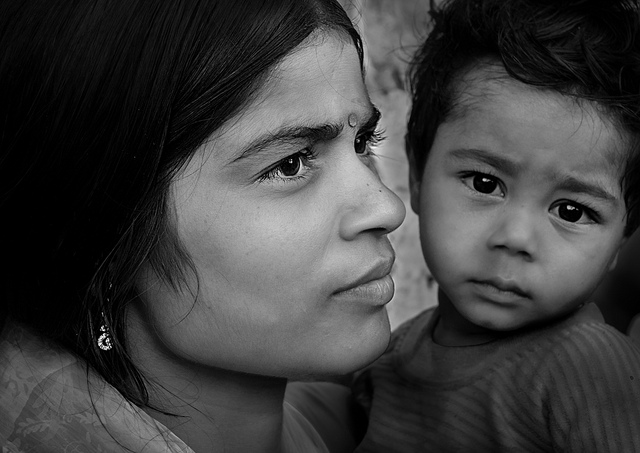How to the Tell Kids When Somebody Dies – Understanding The Grief Process
My first assistant, I don’t count my long-suffering hubby 😉 – was Altan Akay. Our relationship had started long before we worked together when he interviewed me for Indigo Magazine. Later we produced 2 e-books ‘You are Not Alone 1 and 2’. The books included his questions and my answers. This week I would like to share 2 of these questions and answers on grief.
Q: Faced with the loss of a loved one, how should we approach our grief process?
A: When we look at life, we see a cycle of opposites like joy and sadness, good and bad, or beginnings and endings. We notice the good only when we encounter the bad, we savour joy better when we’ve experienced sadness. When we dare accept and live our feelings, everything acquires a meaning with its opposite. And death and the deep emotions it awakens make us ponder about the meaning of life and remind us both of the value and of the ephemeral nature of it.
Ideally, we should allow ourselves to experience any kind of emotions. A variety of affects such as sadness, relief, guilt, yearning, loneliness, regret, joy, or anger all come and go. When we accept our emotions without judgement, and without dwelling too much upon any of them, we slowly get used to the disappearance of the physical presence of the person we have lost.
Maturing is about how we adjust to such losses, as well as other challenges. We celebrate the positive traits of the person lost as we also process their negative traits so we can learn from them and adjust our own behaviours for the better, as a result of doing so.
When one adverse experience comes after another, however, or we know no methods to cope, and we are not in the habit of getting help, we may try to avoid our emotions. But, our positive emotions will be numbed along with the negative ones when we do this. After a while, depression, anxiety and other psychological problems may start to take our lives and we might be obliged to get help.
When you are unable to accept your feelings and to love yourself without judgement, you can get help and learn to embrace life with its cycle of opposites. Rumi once said, “I was raw, I am cooked, and I have matured.” When we are stuck within a process, getting professional help might mean asking for ideas as how to mature.
Q: How should children be told of the passing of someone they knew? If the person who passed away was a very close family member, how should the news be imparted?
A: When a family member passes away many adults do not know how to talk to children. This because they are struggling to cope with their own feelings of grief. Even though every child has unique needs because of their age and personality, we can enumerate a few principles to observe during such periods.
As always, we should tell the child the truth without delay. They shouldn’t hear it from other people or have to make deductions from what they see or hear. The news should be told by an adult the child loves and is close to. Even though you may not have all the answers, it’s important to create a relaxed environment where they can ask questions. You should be ready to accommodate the child’s emotions. It comforts children to learn that there is no right or wrong feeling; and it decreases the probability that they judge themselves harshly.
After you’ve told the painful news, you should explain what is to come. If possible, and if they wish to, it would be a good idea for them to be present at the funeral, as sharing would make it easier to make sense of death. Being deprived of this choice might cause them to feel excluded. However you should not force them if they don’t wish to go. It would be nice to tell them what will happen at the funeral so they can make an informed, decision, according to their ages and abilities.
In some cases, children blame themselves for the death of their loved ones; so they might need to be assured that there is no such connection. This is especially true for children between the ages of two years and seven, or eight years. During periods of intense grief, they may need to hear that they are loved. It is also important to keep talking about the person who died in the days to come for all concerned.
Children show a variety of reactions in the face of the loss of a loved one. When adults around them may not know what to do they should consider seeking help from a professional consultant.
There is so much to be said about this subject. I believe I should address it in detail with a longer article, or even assign it a whole module in the course I’m designing for parents.
Invitation: Workshops to Increase Self-Esteem
Ability to experience a variety of emotions in balance is a feature of physical and mental health and good self esteem.
Interrupted grief such as blocking its expression or complications with processing grief such as blaming oneself for the death of a loved one, can lead to severe self esteem difficulties. Awareness about our need to grieve and how to talk to the kids on these matters can prevent damage being done on self esteem early on.
In the autumn of 2016 I will be offering a series of workshops on self-esteem. Before the workshops I will be sending more valuable tools to help you increase your self-esteem and achieve autonomy in your life. If you are interested in benefiting from these tools register to my email list here and let’s stay connected.
Attribution 2.0 Generic (CC BY 2.0)image:Rajarshi MITRA





